According to AP, Mahmoud almost never leaves his small apartment in the east of Sudan's capital Khartoum.
The electricity has been cut off for most of the past month, leaving him sweltering in the summer heat. When he ventured out to find food, he had to leave his mobile phone behind because of looters in the streets. The young technician now relies on his books to keep his spirits up as he is unable to escape the conflict-torn Sudanese capital.
Since fighting between the Sudanese army (SAF) and the paramilitary Rapid Support Forces (RSF) broke out in mid-April, more than 1.3 million people have fled their homes to safer areas within the country or across the border.
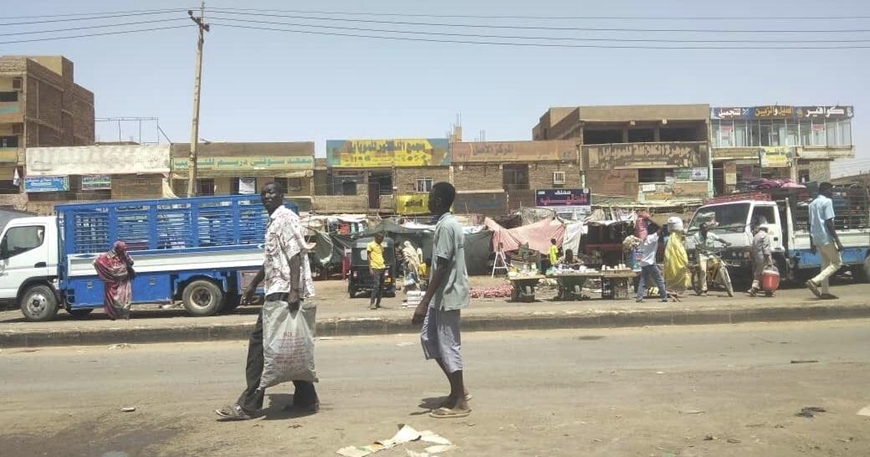 |
| People walk through a market in Khartoum, Sudan. Photo: AP |
But Mahmoud and millions of others remain stranded in Khartoum and the cities of Bahri and Omdurman. For them, each day is a struggle to find food, water and phone chargers amid power cuts, while also avoiding criminals on the streets.
In this context, the Bank of Khartoum’s Bankak app has become a solution for many, allowing users to transfer money and make electronic payments. Mahmoud used the app to pay a shopkeeper for canned goods.
During the power outage, the shop owner provided Mahmoud with what he needed and agreed to pay him later. In addition, the tech company Mahmoud worked for before the fighting deposited 30,000 Sudanese pounds (about $50) into his account every few weeks, which helped Mahmoud stay afloat.
Mahmoud wanted to go to Ethiopia and then to Portugal, where he had been offered a job as a lab technician. But he did not have the $2,500 to cover the trip. Others said they had no choice but to stay and work.
Tana Tusafi, one of the women selling tea on the streets of Khartoum, said her four children depended on her. “I have no one to support me. So I have to work,” said Tusafi.
DUONG NGUYEN
Source






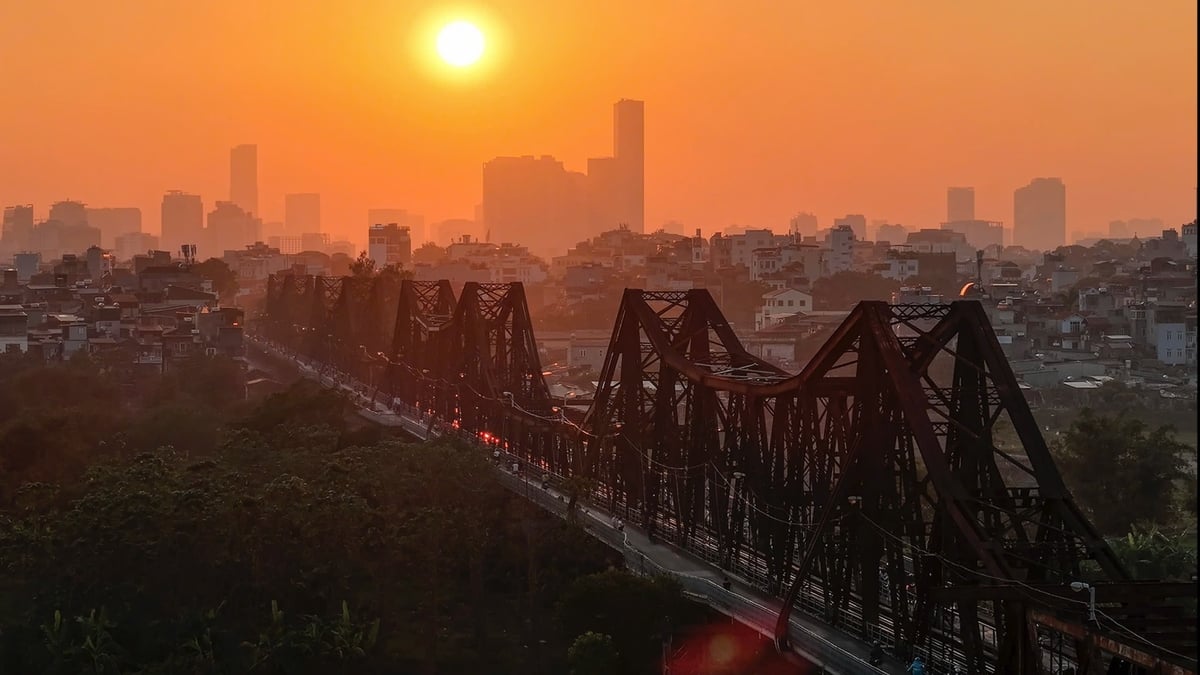










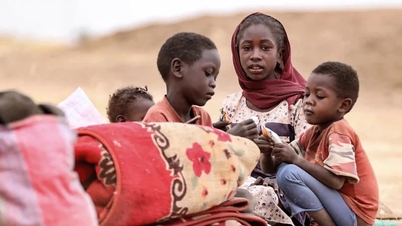





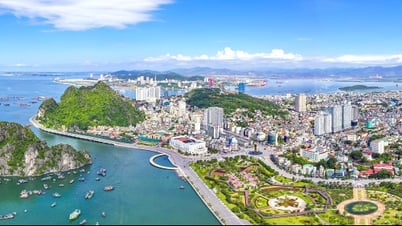






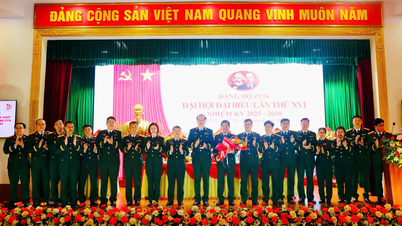
















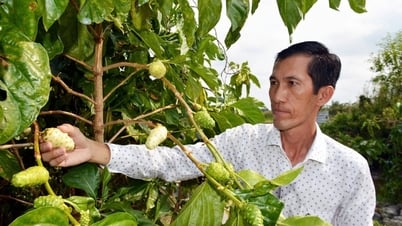
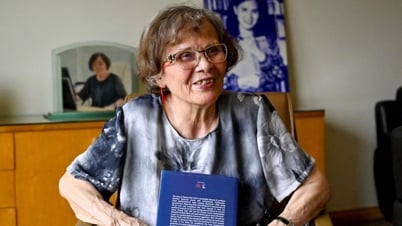








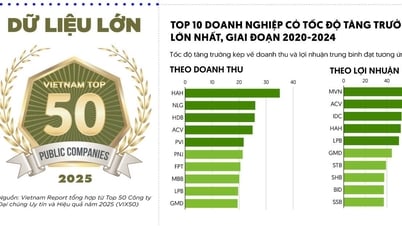



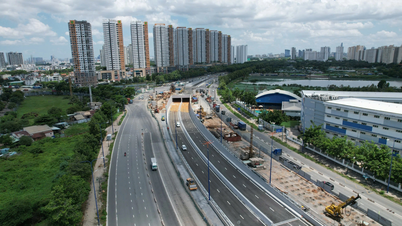

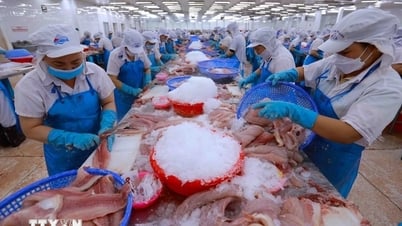













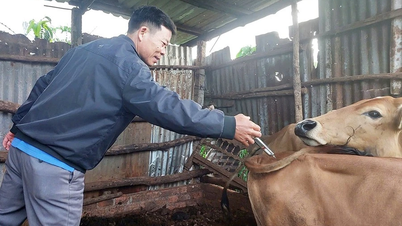
























Comment (0)